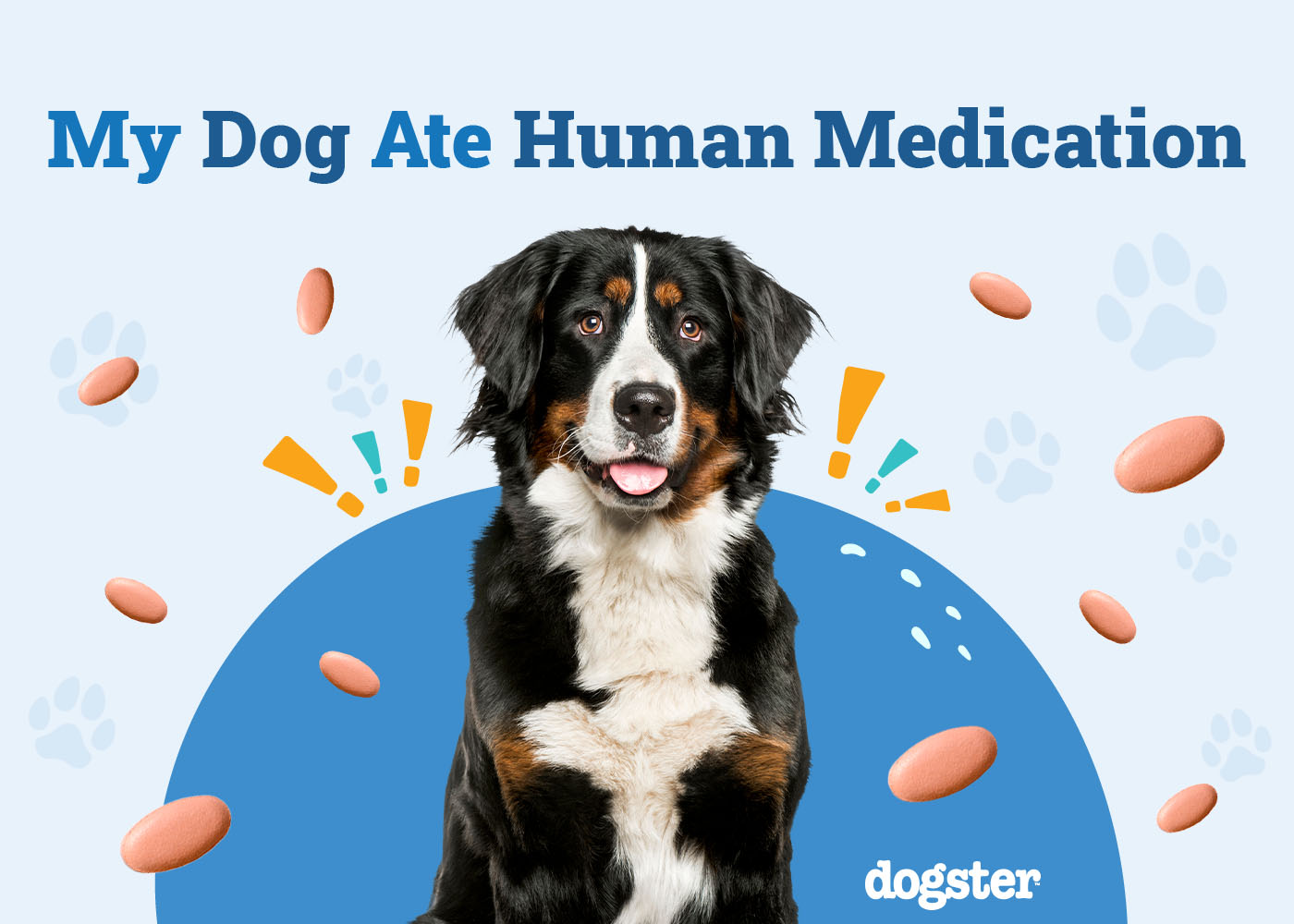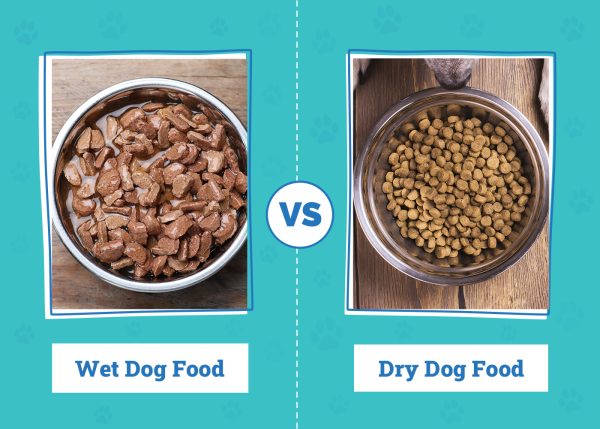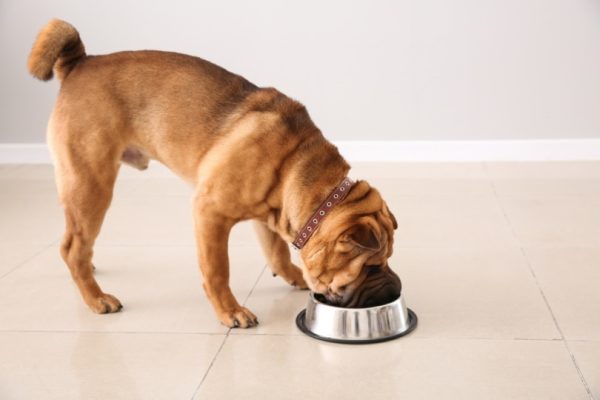Okay, your dog just grabbed a pill that fell on the floor. Do we panic, or do we wait and see what happens? The seriousness of the issue depends on the medication they ate and how much. Let’s look into what you should do if your dog eats human medication.

What to Do If Your Dog Eats Human Medication

First things first, take a deep breath. Separate your dog from the medicine. Pick up any loose pills, and get the pill bottle or ointment tube to tell your veterinarian what your dog ate. This information is vital: They need as many details as possible, including dosage or concentration and the bottle size.
Immediately contact your veterinarian’s office. They may recommend calling a pet poison line to determine what steps must be taken. In the United States, the two main lines are:
- ASPCA Animal Poison Control Center: (888) 426-4435
- Pet Poison Helpline: (855) 764-7661
These companies generally charge a fee for consultation, but they’ll usually be able to provide concrete recommendations to you and your veterinary team about what needs to be done for your pet.
You’ll need to tell your vet and the consultant what your dog ate, how many doses/how much, and when they might have eaten it. The timing is crucial because sometimes, veterinarians will need to make your dog vomit the medication.
If you need to speak with a vet but can't get to one, head over to PangoVet. It's our online service where you can talk to a vet online and get the advice you need for your pet — all at an affordable price!

Why Human Medications Can Be Toxic to Our Dogs
Certain medications are safe for dogs in the right amounts, but many human medications are highly toxic. Your pet might not have the right enzymes to process the medication and break it down, not to mention that most dogs are much smaller than us.
Also, remember that you’re not alone in this situation. Almost half of the calls to the Pet Poison Helpline are related to dogs ingesting human medication. The most common medication ingestions are non-steroidal anti-inflammatories like ibuprofen (Advil), antidepressants like Prozac (fluoxetine), and acetaminophen (Tylenol).

- Ibuprofen can cause stomach ulcers and kidney failure.
- ADHD medication can cause seizures and hyperthermia.
- Beta-blockers can lead to decreased blood pressure and even bradycardia, a slower-than-normal heart rate.
- Lethargy
- Hyperactivity
- Vomiting
- Diarrhea
- Seizures
- Foaming at the mouth or drooling
- Trouble breathing
- Excessive drinking (polydipsia)
- Increased urination (polyuria)
- Allergic reactions like hives or facial swelling
Treating a Potentially Toxic Ingestion in a Dog
The treatment for a toxic medication ingestion depends on what the medication was, when it was ingested, and how much your dog ate. If it was a recent ingestion, your veterinarian may be able to give medicines like Clevor or apomorphine to induce vomiting. Doing so may reduce the amount of the medication that your dog is exposed to.
- Your dog may need fluid therapy to help keep them hydrated, flush their kidneys, and maintain their blood pressure.
- Activated charcoal helps block the absorption of some compounds.
- Some medications can be reversed, such as opioids using naloxone.
- Your veterinarian may suggest gastroprotection medications, such as sucralfate, to coat the stomach.
- Your dog might be muscle relaxants for tremors.
Treatment could be a one-time thing, or your dog could need monitoring and therapy for days.
Your veterinarian may need to run tests to assess kidney and liver function, including blood work and a urinalysis. These tests may need to be repeated at specific intervals to ensure your dog doesn’t have lasting damage.

Preventing Your Dog From Getting Into Your Medication
Nothing is ever foolproof, but you can practice helpful medication safety tips to minimize your dog’s risk of exposure to medication.
- Utilize childproof containers for medications.
- Keep medications out of easy reach from dogs, such as on low tables. Consider keeping them in cabinets.
- Clean up any spills right away.
- Only give something after talking to your veterinarian first, even supplements. Some things that are fine for us can be toxic to our pets or interact with their medications.

Frequently Asked Questions (FAQ)
How long does it take to show signs of toxicity in dogs?
The time it takes to see signs can be variable. Some medications are designed to take effect quickly and may enter your dog’s system within a few minutes, while others are longer-acting and may take hours.
What are the signs of poisoning in dogs?
Dogs can be accidentally or intentionally poisoned. Signs can include gastrointestinal distress, such as vomiting or diarrhea. Other potential signs include increased or decreased heart rate, lethargy, agitation, trouble breathing, or skin rashes. Long-term changes could consist of weight loss, chronic diarrhea or vomiting, and increased drinking or urination.

Conclusion
If you discover that your dog has ingested human medication, don’t delay—contact your veterinarian immediately. You may need to also contact a poison control line toxicologist to determine what actions should be taken. In many cases, time is of the essence to decrease your dog’s possible exposure and signs of toxicity.
Featured Image Credit: Christina Victoria Craft, Unsplash

















